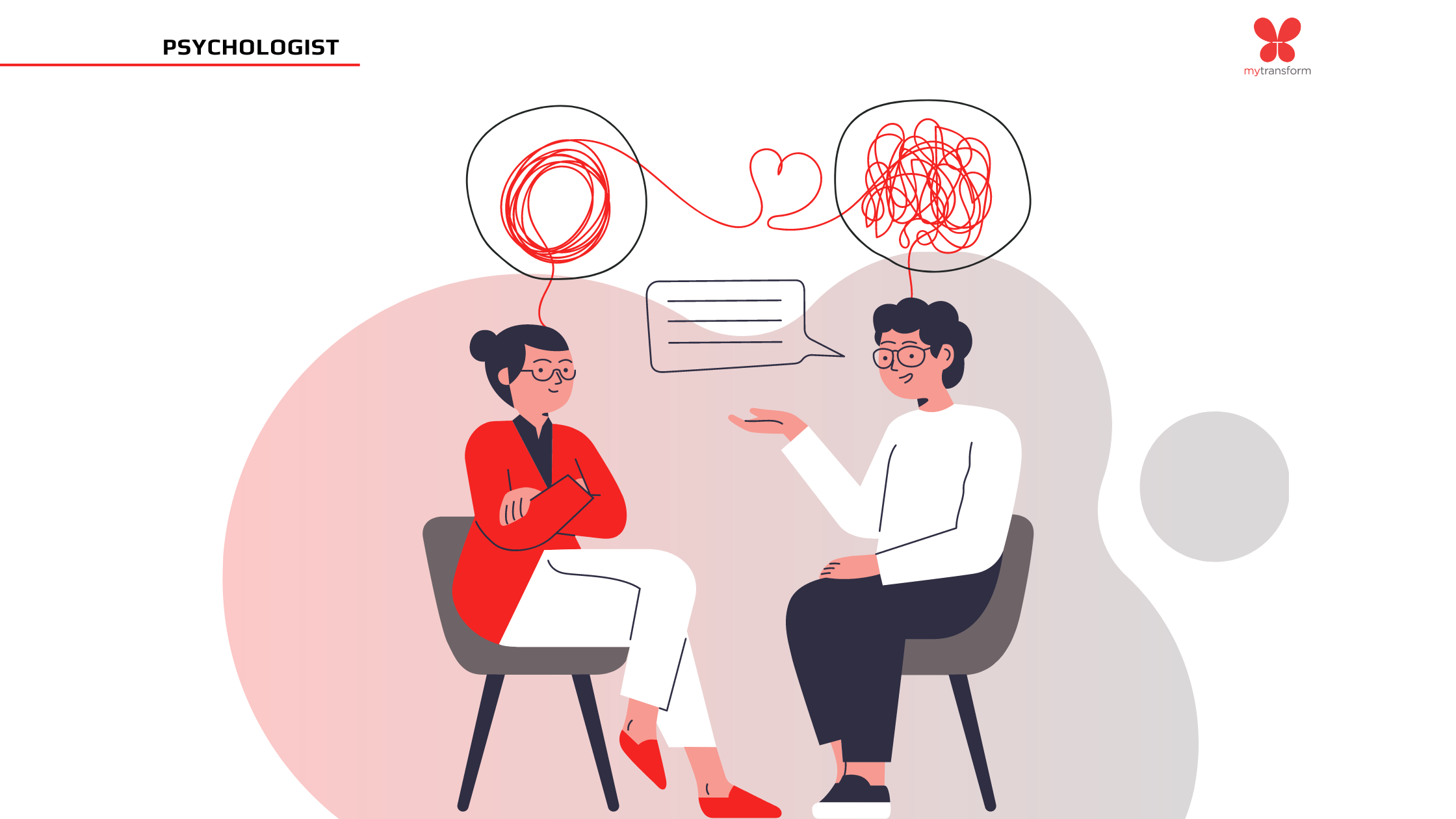Premier Psychologist Newcastle: Your Partner in Mental Health
The Relevance of Developing a Trusting Connection With a Psycho Therapist for Efficient Therapy and Recovery
Establishing a relying on connection with a psycho therapist is a fundamental facet of effective treatment and recovery. The alliance in between a customer and their psycho therapist is rooted in common respect, empathy, and understanding. It calls for a fragile balance of susceptability and assurance, where the client really feels secure in sharing their innermost thoughts and feelings.
Building Count On Through Energetic Paying Attention
By diligently involving in energetic listening, psychologists can develop a foundation of trust with their clients. Energetic paying attention involves not only hearing the words spoken by the customer but additionally comprehending the underlying feelings and objectives conveyed. This method shows to the customer that their ideas and feelings are being really listened to and valued, promoting a sense of validation and empathy.
Via energetic listening, psychologists can produce a secure and encouraging setting where customers feel comfortable revealing their inner ideas and emotions. This open line of communication enables a much deeper exploration of the customer's issues and assists in an extra profound healing relationship. When they feel that their psychologist is actively listening and understanding their perspective., clients are much more most likely to open up and engage in the restorative procedure.
Additionally, active paying attention aids psychologists gain beneficial understandings into the client's experiences, allowing them to customize their healing technique to satisfy the client's specific demands properly. By showing an authentic interest in the client's health with active listening, psycho therapists can develop depend on and rapport, laying the groundwork for a successful healing trip.
Privacy and Trust in Treatment
Exactly how crucial is discretion in establishing and maintaining depend on within the therapeutic partnership? Privacy is the cornerstone of reliable treatment, playing a crucial role in constructing a secure and protected environment for clients to explore their feelings, experiences, and ideas. When clients recognize that their personal details is kept personal, they are more probable to open, be susceptible, and proactively participate in the healing process.
Therapists have a moral and lawful responsibility to maintain discretion, making sure that information shared throughout treatment sessions remains exclusive unless there is a particular exemption, such as the client posturing a danger to themselves or others. Maintaining confidentiality demonstrates regard for the customer's freedom and fosters a feeling of trust fund between the client and therapist.

Emotional Safety And Security in Therapeutic Relationships
Developing emotional security is vital in fostering a healing environment for vulnerability and development within the client-therapist partnership. Emotional safety and security refers to the sensation of safety, approval, and non-judgment that clients need to experience during treatment. It is essential for clients to really feel safe sufficient to discover their deepest feelings, thoughts, and experiences without concern of objection or rejection.
In a psychologically safe area, customers are most likely to open up concerning their susceptabilities, battles, and traumas, enabling the therapist to provide effective support and support. Specialists play a vital duty in developing this setting by showing empathy, active listening, and unconditional positive regard.
When clients feel emotionally safe, they are more ready to confront difficult feelings, obstacle adverse thought patterns, and work towards healing and personal growth. This feeling of safety and security encourages trust and collaboration in between the customer and specialist, causing more meaningful and transformative healing end results. Ultimately, emotional safety and security is the structure upon which effective treatment and recovery can happen.
Collaboration in Healing Decision-Making
Effective healing outcomes are typically enhanced via a joint technique to decision-making between the client and specialist. Collaboration in healing decision-making entails a shared exchange of info, ideas, and point of views to create a therapy plan that fulfills the client's goals and demands. By including the client in the decision-making procedure, therapists can encourage them to take an active duty in their healing trip, causing increased interaction and dedication to the healing process.
In a collaborative healing relationship, both the customer and therapist contribute their proficiency to create a customized therapy plan. Customers are encouraged to share their choices, concerns, and comments, while specialists offer their expert understandings and suggestions. This collaboration fosters a feeling of common obligation and promotes a clear and trusting connection in between the customer and therapist. When clients feel listened to, appreciated, and valued in the decision-making procedure, they are more most likely to experience favorable healing outcomes and sustainable growth. Therefore, partnership in therapeutic decision-making is vital for fostering a efficient and effective healing partnership.
Depend On as a Foundation for Healing
Count on develops the bedrock whereupon the recovery procedure in between a client see page and therapist can thrive, nurturing a safe and supportive setting for development and makeover. When a customer depends on their therapist, they are most likely to divulge delicate info, check out susceptabilities, and engage in required but tough healing work. This count on allows the customer to feel approved, comprehended, and respected, important parts for recovery to occur properly.

In a healing setup, count on equips the customer to build an authentic link with the specialist, fostering a collaborative connection where both events collaborate in the direction of the client's wellness. This depend on enables the client to navigate tough feelings, challenge previous injuries, and develop coping techniques in a secure space without worry of judgment or betrayal. Depend on offers as a structure for establishing rapport, enhancing communication, and promoting openness within the healing procedure, inevitably leading to even more profound insights, personal growth, and long lasting healing results.
Final Thought
To conclude, developing a trusting connection click this site with a psychologist is vital for efficient therapy and healing. With active listening, privacy, psychological safety, and collaboration in decision-making, trust fund works as the structure for an effective restorative connection (Psychologist Newcastle). Depend on enables customers to really feel recognized, sustained, and equipped to overcome their difficulties and achieve recovery. It is with this trust fund that customers can fully take part in the restorative process and experience favorable outcomes.
Trust forms the bedrock upon which the healing process in between a client and specialist can thrive, supporting a safe and encouraging environment helpful to growth and makeover. When a client counts on their specialist, they are much more likely to divulge sensitive details, check out susceptabilities, and engage in essential but difficult healing go to my site work.In a restorative setup, trust equips the customer to construct a genuine connection with the specialist, promoting a joint relationship where both celebrations function with each other in the direction of the client's well-being. Trust enables customers to really feel understood, supported, and encouraged to work through their difficulties and accomplish recovery. It is via this trust that clients can fully engage in the restorative procedure and experience favorable end results.